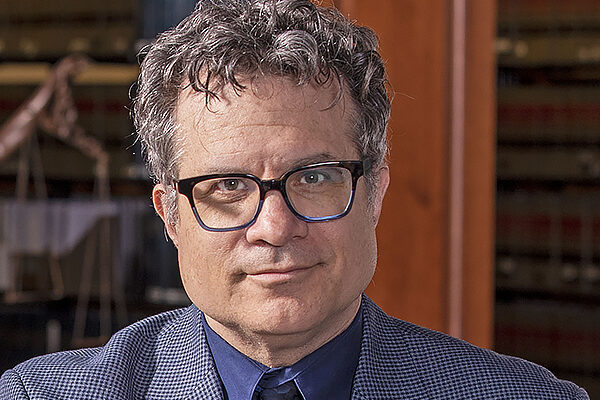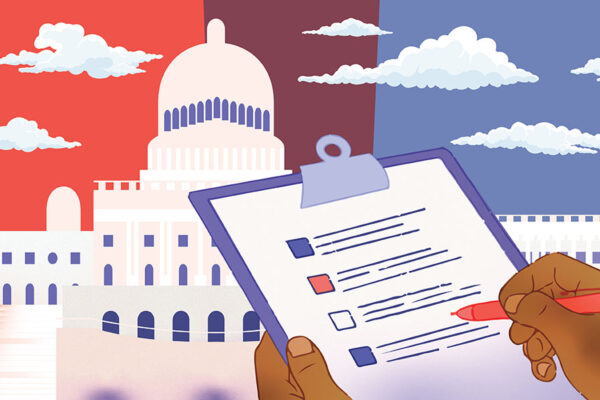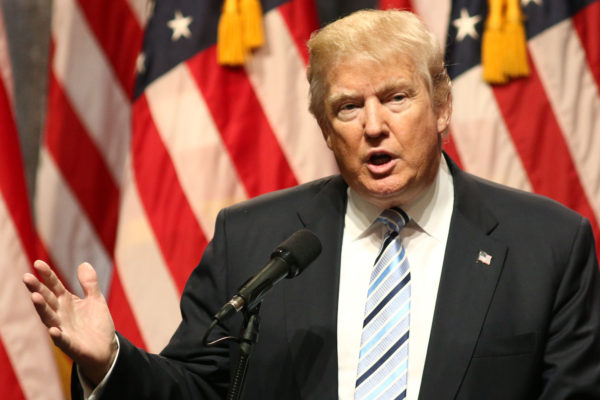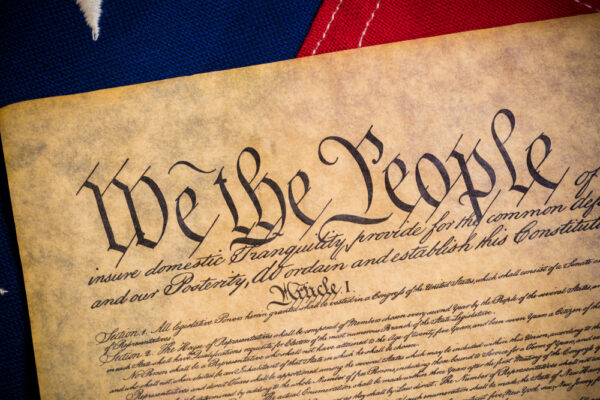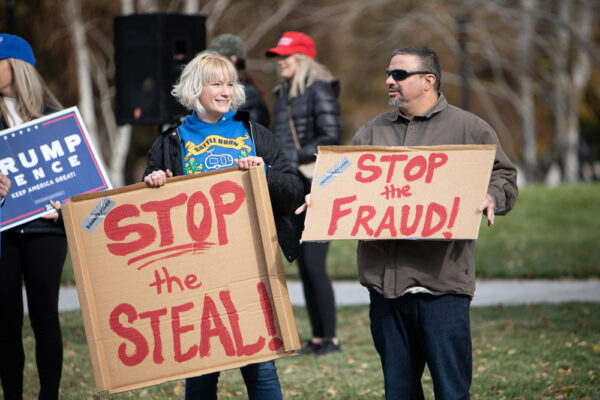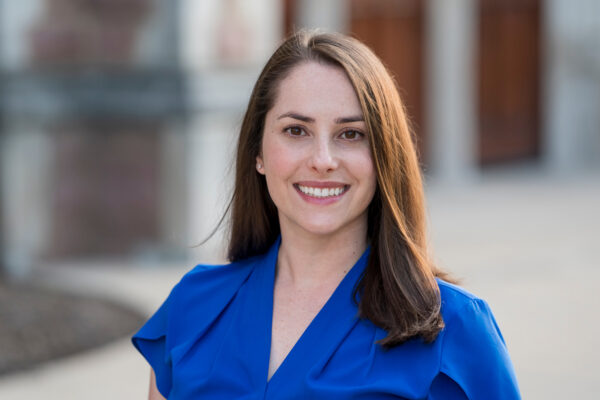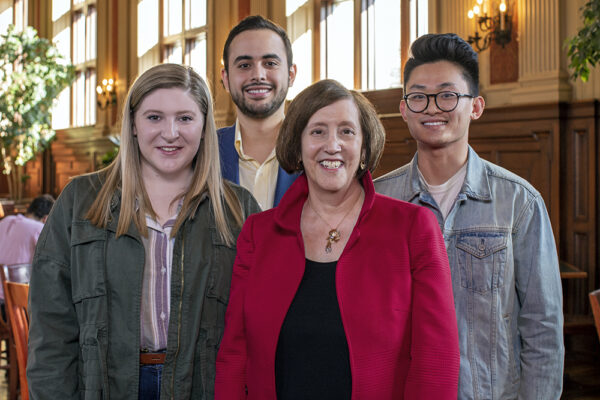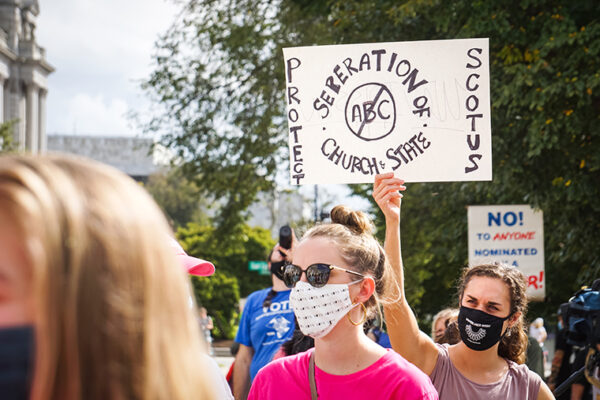Law clinic’s work inspires federal bill
The School of Law’s Interdisciplinary Environmental Clinic’s 2019 report “Environmental Racism in St. Louis” is helping to shape new federal legislation.
Law and policy series lineup announced
The School of Law’s Public Interest Law & Policy Speakers Series spring lineup kicks off Feb. 4 with Gregory Magarian giving the lecture “The First Amendment and the Mess We’re In: From the Streets to the Cloud.”
The first 100 Biden/Harris days
Faculty experts from across Washington University in St. Louis draw upon their research, their instruction, their experience and their thought leadership to proffer insight and ideas for the new administration, the new beginning.
Trump self-pardon might open him to prosecution
As Donald Trump prepares to leave the presidency Jan. 20 in the wake of being accused of fomenting the riot at the U.S. Capitol, he is reportedly considering an unprecedented move: the self-pardon. While no president has ever pardoned himself, the act might be more trouble than its worth for Trump, notes Dan Epps, a law professor at Washington University in St. Louis.
What is the 25th Amendment?
In light of the Jan. 6 mob attack on the U.S. Capitol building, many Democrats, and even some Republicans, have called for the use of the 25th Amendment to remove President Trump from office. What is that amendment and how does it work? Washington University in St. Louis law professor Greg Magarian explains.
Mob at Capital building amounts to insurrection
When a group violently attacks a government institution, in an effort to change the lawful governmental order, it is insurrection, says a law expert on the U.S. Constitution at Washington University in St. Louis.
Richards pushes for privacy reform during Senate committee hearing appearance
Neil Richards, the Koch Distinguished Professor in the School of Law at Washington University in St. Louis, addressed a Dec. 9 hearing of the Senate Committee on Commerce, Science, and Transportation, where he pushed for passage of a comprehensive law that would provide appropriate safeguards, enforceable rights and effective legal remedies for consumers when it comes to data sharing.
Katz wins 2021 Harold Berman Award
Elizabeth Katz, associate professor of law, has earned the 2021 Harold Berman Award for Excellence in Scholarship in Law and Religion from the Association of American Law Schools for her article “Racial and Religious Democracy: Identity and Equality in Midcentury Courts,” published in June in the Stanford Law Review.
An ‘exemplary leader’
Alumna Andrea Grant remains committed to the institution that provided her with an exceptional education. She participates in events, serves in leadership roles, provides scholarships for promising A&S and law students, and much more.
Judge Barrett’s religion not a confirmation issue
Questions about Amy Coney Barrett’s religious affiliation and beliefs have dominated public discussion since President Trump announced that she was his pick to fill the U.S. Supreme Court seat left vacant by Ruth Bader Ginsburg’s passing. While her Catholicism is considered controversial by some, should it impact her confirmation? A Washington University in St. Louis law professor weighs in.
View More Stories

